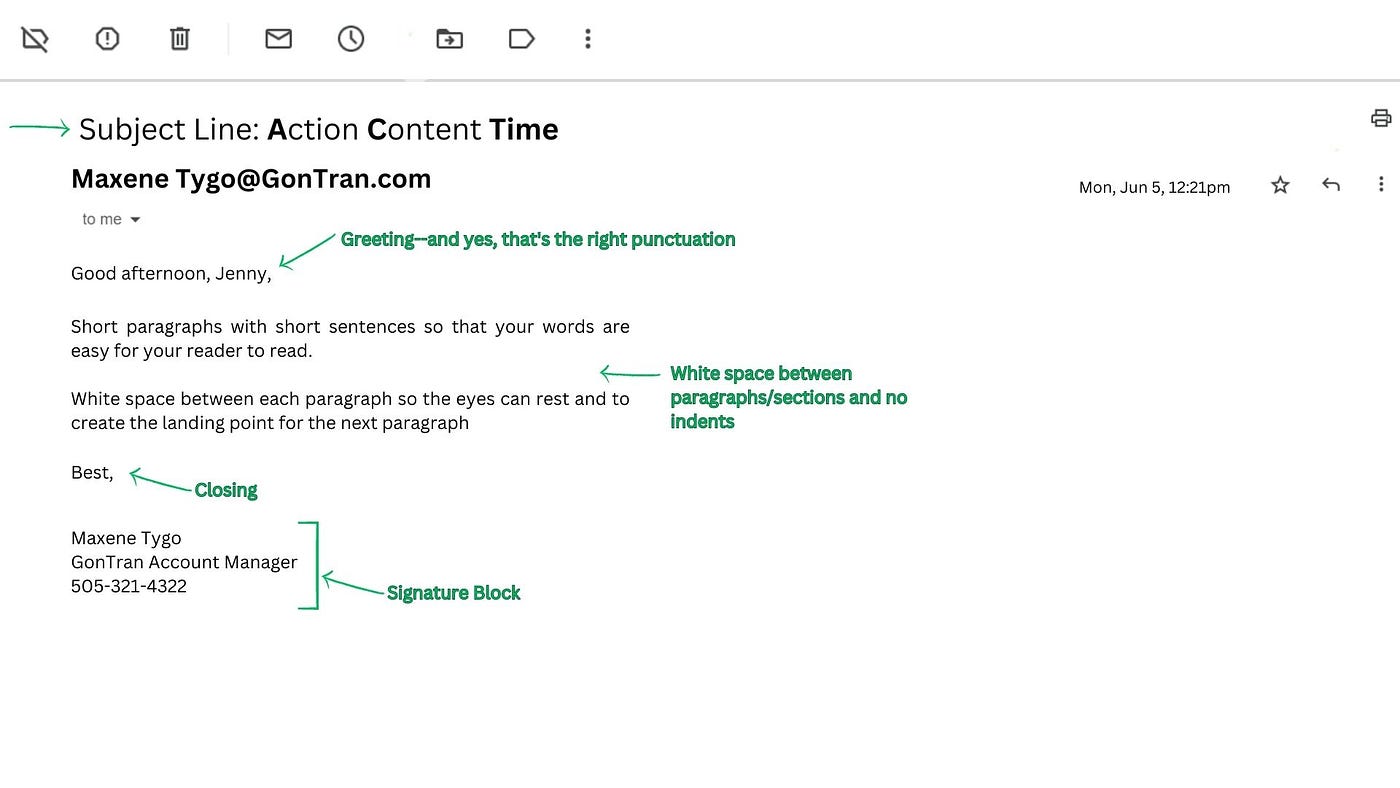
Effective Ways to Manage Quarantine with COVID-19 in 2025: What You Need to Know
The COVID-19 pandemic has transformed how we view health and safety, especially in contexts like quarantine and isolation. By 2025, managing quarantine effectively has evolved into a clearer process, integrating established guidelines and personal insights for better outcomes. It's essential to understand "how long to quarantine with covid" and the importance of compliance with "quarantine guidelines for covid" to protect oneself and others.
This article outlines key aspects of covid quarantine duration, recommended practices during quarantine, emotional health considerations, and the importance of communication. We'll delve into the benefits of proper quarantine management and provide practical tips for navigating life in isolation. You’ll also learn strategies that can enhance your emotional well-being while keeping your daily routines on track.
Understanding Quarantine Guidelines for COVID-19
With COVID-19 still affecting our daily lives, knowing the current quarantine duration and guidelines is crucial. The exact "quarantine period for covid" can vary based on exposure and testing, generally falling within a 10-14 day range depending on health recommendations. It's essential to stay updated with CDC guidelines and local health departmental advice.
Duration of Quarantine After Exposure
When considering "how long to stay in quarantine," individuals who have had potential exposure to COVID-19 are typically advised to quarantine for a specific period. This generally ranges from 10 to 14 days after the last exposure, depending on symptom onset and testing recommendations. Understanding this duration not only helps in personal planning but ensures community safety by mitigating virus transmission.
Isolation Rules for Positive COVID Tests
For those who test positive, the "covid isolation time" requires strict adherence to isolation protocols. The standard recommendation is to isolate for a minimum of 10 days, continuing until the individual is symptom-free for 24 hours without the use of fever-reducing medications. This isolation helps prevent the spread of the virus while protecting the health of family members and the community.
Quarantine Recommendations for Individuals
Public health experts continually update "quarantine recommendations for individuals" based on emerging research and data. It's vital to follow updated local health department recommendations, especially considering the emergence of new variants or increased case numbers in your area. Individuals must regularly check these updates to ensure compliance.
Benefits of Proper Quarantine Management
Implementing effective quarantine practices has numerous benefits. These measures not only contribute to personal health but also enhance community safety and bolster the collective effort in managing public health crises. Effective management includes following "quarantine rules during covid" to optimize protective strategies against the virus.
Reducing Anxiety During Quarantine
Managing anxiety while in quarantine is essential for mental health. Strategies such as establishing a daily routine, staying connected with loved ones, and engaging in mindfulness practices can significantly reduce the psychological impact of prolonged isolation. These coping strategies are vital components for maintaining one's emotional health during these challenging times.
Maintaining Hygiene Standards
Adhering to "maintaining hygiene standards" during quarantine is crucial in reducing the risk of COVID transmission. This includes regular handwashing, sanitizing frequently-touched surfaces, and following proper mask usage when around others. Implementing these practices not only protects quarantined individuals but also minimizes the risk for shared living spaces.
Creating a Quarantine Plan
Developing a comprehensive "quarantine plan" can greatly enhance the quarantine experience. This plan should include provisions for food delivery, support networks, and a list of essential tasks to maintain day-to-day functionality. Having set guidelines on what to expect during quarantine can help alleviate stress and increase the effectiveness of the isolation period.

Communicating and Staying Connected During Quarantine
Effective communication is vital during quarantine. Maintaining connections with friends and family can alleviate feelings of loneliness and isolation. Online platforms offer various ways to engage socially while adhering to physical distancing measures, proving essential for emotional support.
Virtual Socializing During Quarantine
Using technology for "virtual socializing during quarantine" helps maintain relationships. Video calls, virtual game nights, and social media interactions are excellent avenues for remaining connected. Engaging with loved ones through chat spaces can provide emotional boosts that mitigate feelings of isolation.
Emergency Contacts and Resources for Support
Incorporating emergency contacts and local support resources into your quarantine strategy can be very beneficial. Knowing how to access "health care support during quarantine" allows individuals to seek assistance when needed, respecting the principles of self-isolation for covid.

Emotional Health Support During Quarantine
Taking care of your emotional health during quarantine is just as crucial as physical health. Support systems play a significant role in navigating these periods of isolation. Developing healthy coping strategies contributes to "reducing anxiety during quarantine" and enhancing one's quarantine experience.
Coping Strategies and Wellness Practices
Incorporating wellness practices such as meditation, exercise routines, and proper nutrition can significantly contribute to mental well-being. Engaging in fitness activities at home helps keep the body active and supports mental clarity, which is often challenged during isolation periods.
Healthy Routines to Boost Morale
Establishing a structured daily routine helps provide a sense of normalcy amid the challenges of quarantine. Including time for work, relaxation, and self-care activities can create a more balanced, fulfilling experience. Maintaining routines can greatly influence emotional health in quarantine.
Conclusion: Successfully Navigating Quarantine
Understanding how to effectively manage quarantine during the pandemic is crucial for personal and community health. By adhering to updated guidelines, focusing on mental wellness, and fostering open communication, individuals can navigate these challenging periods more effectively. For more information on supporting your health during this time, visit our resources at here and here.